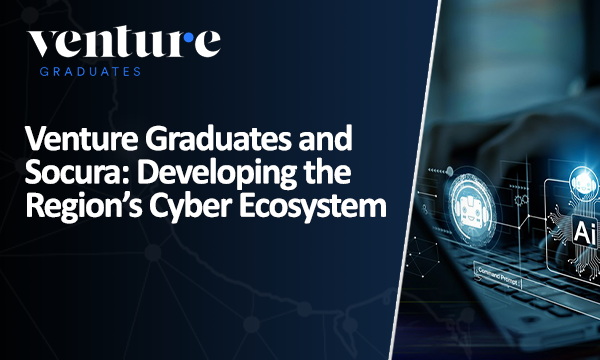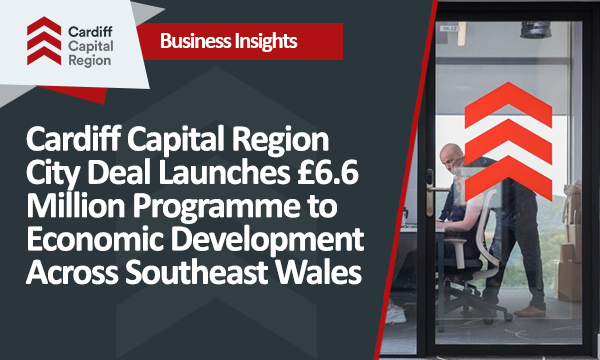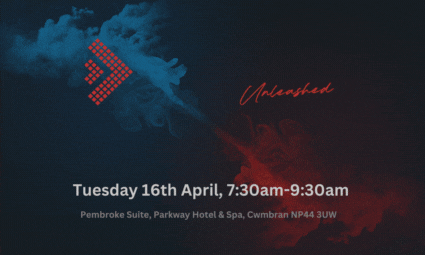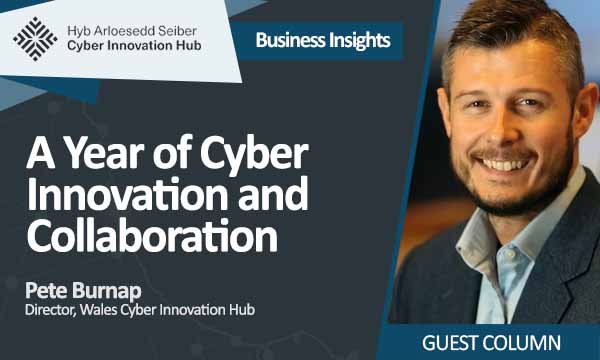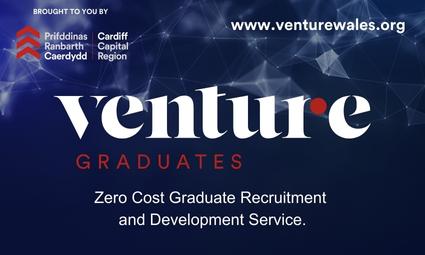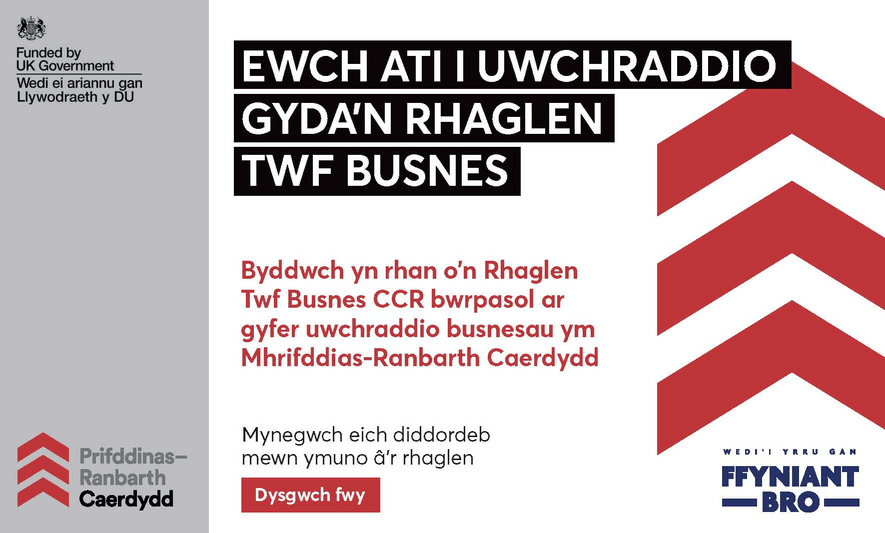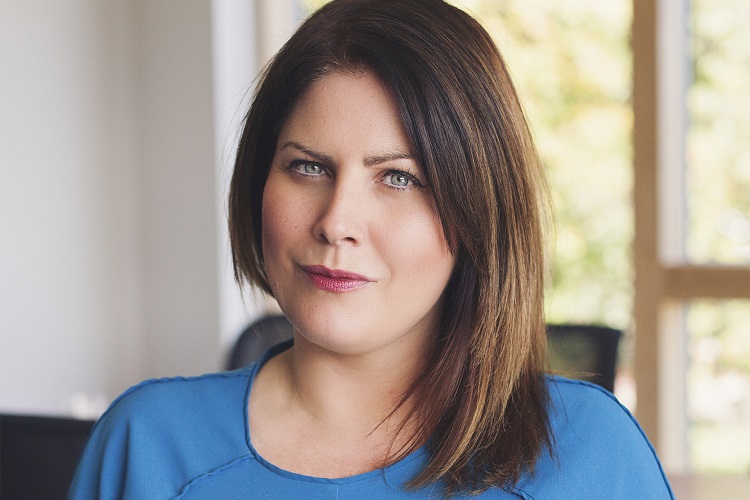 Written by:
Written by:
Kellie Beirne, Director, City Deal
The Cardiff Capital Region (CCR) is home to some of the fastest growing and most economically competitive places in the UK, cheek by jowl with some of the least competitive and most disadvantaged.
It’s not only the difference between Cardiff and Blaenau Gwent – it’s the difference between the north and south in some of the very same counties.
It’s over 20 years since the UK Competitiveness Index was first produced. Over that time, Blaenau Gwent has remained at the very bottom of the index. The evidence shows it’s not likely to shift soon either. And, getting beyond this term ‘competitive’, in one of the valleys I work in the difference in life expectancy is 15 years from bottom to top.
That’s why, in the CCR, our agenda isn’t about economic growth in isolation. We can’t win the same race as everyone else. We’ve got to build real sustainability and resilience into our economy. Beyond just looking at the economies of the future and positioning for comparative advantages – critical issues as they are – it’s also about local and foundational wealth creation and dissemination, and how innovation applies to public services and civic society as much as it applies to businesses and technology.
An inclusive economy where everyone can play a part goes to the heart of the political value-set underpinning our City Deal. Our political leaders want to make a real and enduring difference to all communities through the region – not just certain parts of it.
And I share that view passionately. The City Deal is not only about the return on investment or the bottom line – it’s about how we take the opportunity to challenge conventions and think in a deep way about what it takes to create resilience and real engagement. So that some of the kids that I share ties with feel this is about them too.
See, we can set targets for growth, jobs and GVA – but this isn’t about hitting targets that miss the point. ‘The point’ for me is understanding that ‘economic growth’ is the means, not the end in itself. We’re doing it to make lives better and to generate options and choices so that people feel more in control of their own destinies.
Our analysis of priority sectors is interesting because the region is growing in key areas and there is potential to develop these as core economic clusters – creating the stickiness and eco-systems that help them inter-connect and embed. In advanced manufacturing, for example, the region has global credentials in advanced compound semiconductors – a key component of the international smartphone, med-tech, automotive and 5G industries. In life sciences we are strong at medical diagnostics and devices. In the creative industries we have real strengths in stage and screen.
But more than sectors – this is about place.
We can talk about level playing fields, but sometimes we need to be bold enough to tilt the playing field to where the biggest impact can be made and channelled into the communities that most need to feel the benefits.
We have devised an Investment Framework wherein we have three funds to stimulate more place-driven activity. Our challenge fund is one such example. It is about testing and trialling things that could have different impacts in different places. Better answers need better questions, and we have to be open to an element of curiosity and experimentation if we’re going to move the economic dial.
Metro Plus is an opportunity for local councils to bring forward local transport enhancements earlier than the South Wales Metro will impact them, to start building momentum and getting to grips with some of the behavioural change levers, like electric vehicle infrastructure, integrated public transport and active travel, that will ready us for the bigger shifts coming in how we must safeguard our environment.
Our Housing Fund, Homes for all the Region, is another way of directing investment to areas in ways which tackle market failures and bring homes to communities that for too long have been blighted by sites left vacant as a result of deindustrialisation, ensuring these communities are equipped for the future and bringing homes to places where they would not otherwise have been built.
Resilience.
It can sound motherhood and apple pie, and I am the first to accept there are still more questions than answers and there are no silver bullets. But at the very least, it does sound like something I should be absolutely happy to be judged by.
 Written by Kellie Beirne
Written by Kellie Beirne
Kellie Beirne was appointed as Chief Executive of Cardiff Capital Region City Deal in mid-2018. The City Deal is a £1.28 billion GVA-growth and jobs programme, involving ten South Wales local authorities. She moved from a post as Deputy Chief Executive and Chief Enterprise Officer at Monmouthshire County Council, where she gained a reputation for bringing innovation and innovative ways of working, often private-sector-derived, into the world of public service delivery.
She has previously been Director of Innovation and Enterprise and Chief Officer, Regeneration and Culture at Monmouthshire Council. Before that, she undertook roles in a South Wales Housing Association and in local authority Housing policy.




